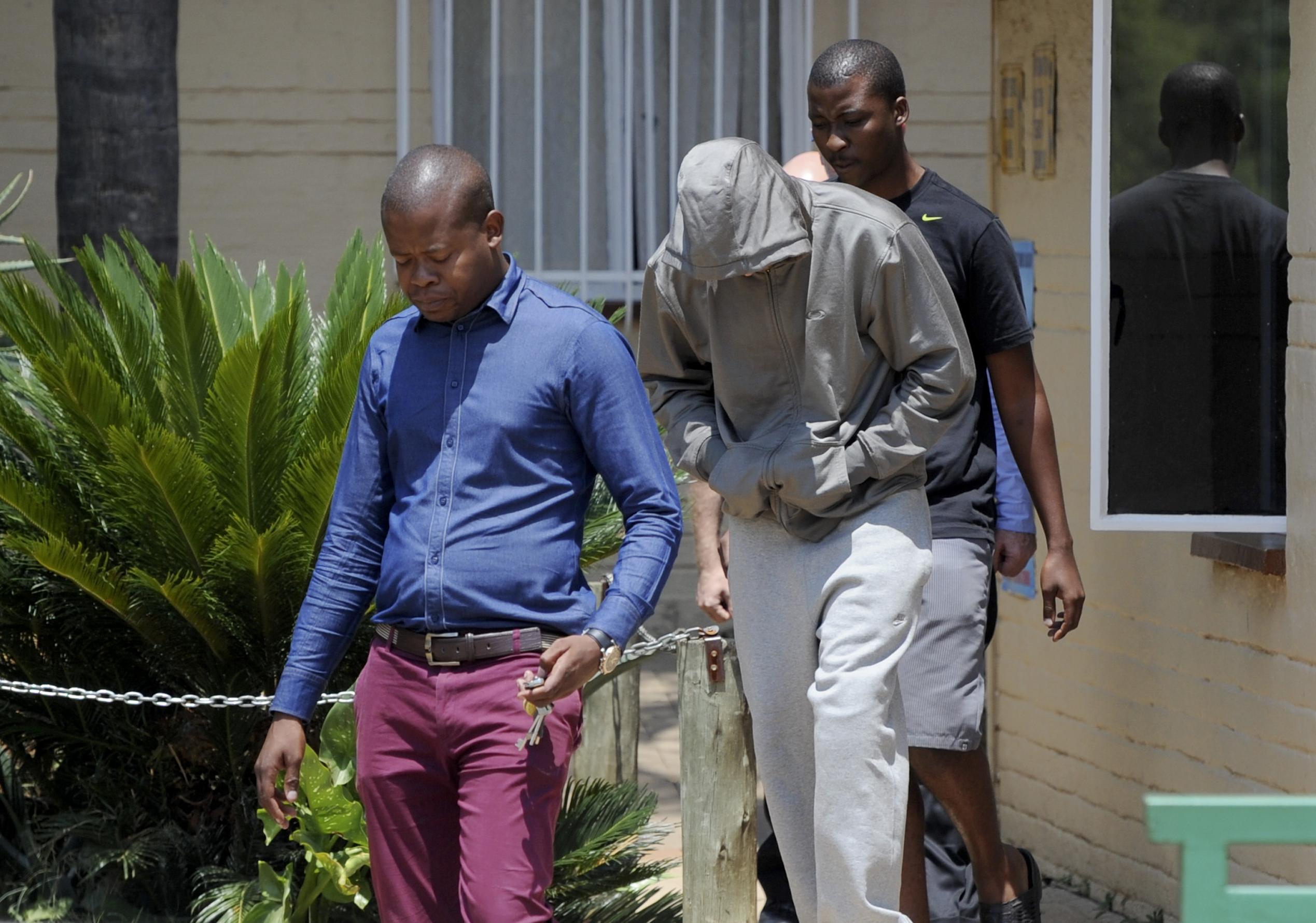Early Thursday morning, South African track star Oscar Pistorius was arrested at his Pretoria apartment and charged with murdering his girlfriend, model Reeva Steenkamp. Pistorius is a sprinter who competed in this year’s Olympic Games. He’s also a double amputee, born without fibulae in his legs; his sleek, carbon-fiber prostheses earned him the nickname “Blade Runner.” Pistorius allegedly shot Steenkamp four times.
It’s surprising to learn that an Olympic athlete stands accused of murder, but there’s nothing new about gun violence in South Africa. While the country’s gun-related violent crime rate has dropped in the wake of 2000’s Firearms Control Act, The Guardian reports that “many people say they live in fear of crime in South Africa, with Johannesburg still listed as one of the five most dangerous cities in the word, along with Mogadishu and New Orleans.” In a Globe and Mail article today, Geoffrey York reported:
South African airports and casinos have prominent signs directing people to storage rooms to deposit their weapons. Criminals assume that their victims have guns. When they break into a house, their first step is to search for the owner’s gun.
Guns are widely used in the most common crimes here: they are used in 77 per cent of house robberies and 87 per cent of business robberies, and they are the cause of death in more than half of all murders, reports say.
Fear of guns is why South Africa’s middle classes are hidden behind three-metre-high electrified fences and walls, in compounds with motion detectors and metal-barred doors. They hire security companies with gun-toting guards, who promise “immediate armed response” to every activated alarm.
As that last paragraph suggests, many South Africans don’t trust the police to protect them. GlobalPost has noted “growing frustration over this country’s corrupt and incompetent police at seemingly every level of the system, from traffic cops soliciting a bribe for a “cold drink” to the controversial appointments of some of the country’s highest-ranking police officials.” In 2012, The Economist reported that:
Last year 5,869 formal complaints were laid against the police, mainly for assault and attempted murder. Police statistics concede that 566 people, including innocent bystanders, were shot dead or otherwise killed by the police in 2009-10; another 294 died in their custody.
Police corruption and venality breed lawlessness, and it also prompts citizens to start taking protection into their own hands. The Guardian reported that “six out of 10 South Africans feared burglary more than any other crime,” and that many people relied on private security services to pick up the police department’s slack. Pistorius’s apartment complex seems to have been a veritable fortress; the New York Times reported that the buildings were “protected by high walls and razor wire.”
Some early reports indicated that Pistorius may have accidentally mistaken his girlfriend for an intruder. (The police have dismissed this theory.) This wouldn’t have been the first time he made such a mistake; late last year, he tweeted about having thought his washing machine was a burglar. The facts of this particular case are still in dispute, but a defense of mistakenly firing at a perceived intruder is more plausible in corrupt, gun-infested South Africa than it might be elsewhere. “And that is a particularly South African mistake, that we are so paranoid you are ready to fire off bullets when you don’t know what is coming,” an acquaintance of Pistorius’s told the Times this afternoon. “We are such a messed up country in some ways, and every now and then it comes to the surface with events that bring it into such stark relief.”
